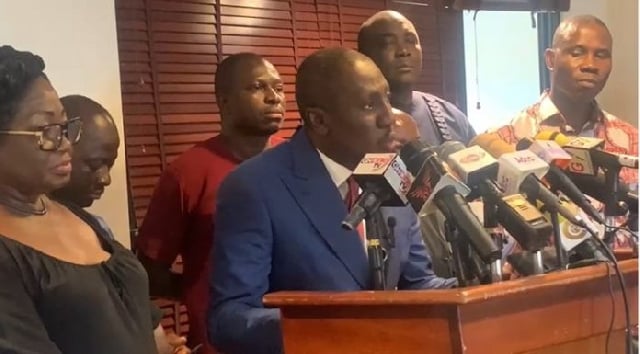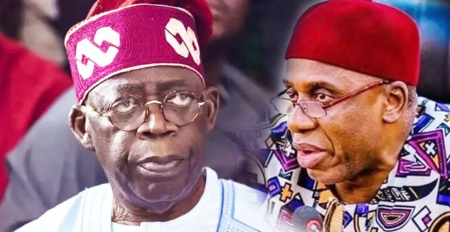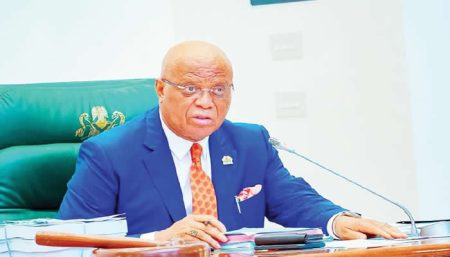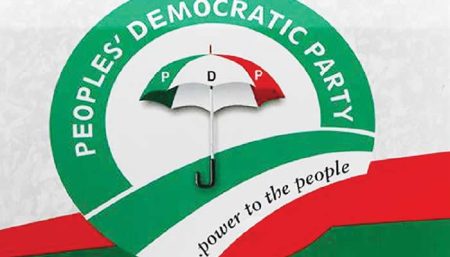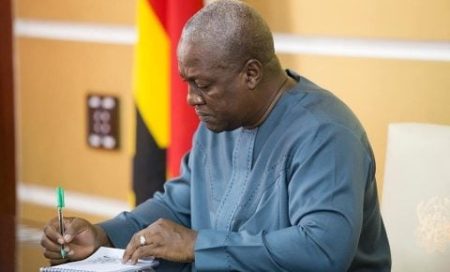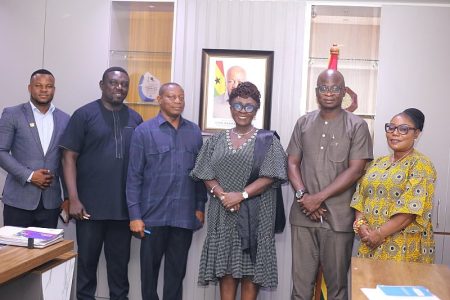The Ghanaian parliamentary minority has launched a vigorous attack against the government’s newly introduced 8% levy on petroleum products, equivalent to GHS 1 per litre. Dubbed the “Dumsor Levy,” this tax has been met with fierce resistance, with the minority characterizing it as a betrayal of public trust and “midnight robbery.” Their primary concerns revolve around the levy’s hasty introduction and passage, the government’s perceived hypocrisy in implementing it, the lack of transparency surrounding its justification, and its disproportionate impact on ordinary citizens. The minority contends that the levy’s implementation process lacked due process and transparency. They allege that the bill was rushed through Parliament under a certificate of urgency, bypassing standard protocols such as prior notice, public consultations, and proper listing on the order paper. This perceived lack of transparency has fueled accusations that the government deliberately sought to avoid public scrutiny and engagement, raising suspicions about the levy’s true purpose and intended use.
Central to the minority’s criticism is the accusation of hypocrisy against the ruling party. They highlight the party’s previous opposition to similar taxes while in opposition, specifically its vow never to impose taxes to compensate for inefficiencies in the energy sector. The minority argues that the introduction of the Dumsor Levy represents a complete reversal of this stance, constituting a betrayal of public trust and a broken campaign promise. This perceived discrepancy between the government’s rhetoric and its actions has further eroded public confidence and fueled opposition to the levy.
Adding to the controversy are conflicting statements from government officials regarding the levy’s intended use. The minority points to discrepancies between President John Mahama’s assertion that the funds will be used to clear arrears and Energy Minister John Jinapor’s suggestion that they will be allocated for fuel procurement. This lack of clarity and consistency in the government’s messaging has raised concerns about the levy’s true purpose and its potential misuse. The minority questions whether the projected GHS 9 billion revenue from the levy will be sufficient to address the estimated GHS 80 billion energy sector debt, expressing skepticism about the government’s claims.
The minority also criticizes the levy’s rate, deeming it excessively high and disproportionately burdensome on consumers. They point out that the 8% rate translates to an additional GHS 4.50 per gallon of fuel, surpassing even the controversial E-Levy’s 1% rate, which also included exemptions for low-income earners. The Dumsor Levy, however, offers no such exemptions, impacting all citizens, including vulnerable populations like farmers and low-income earners. This regressive nature of the tax has further fueled public discontent and strengthened the minority’s opposition.
Drawing comparisons between the Dumsor Levy and the now-defunct E-Levy, the minority argues that the new levy is even more regressive and detrimental to the public. While the E-Levy, despite its criticisms, underwent public consultations and provided exemptions for low-income earners, the Dumsor Levy lacks these safeguards. The minority emphasizes the projected revenue disparity between the two levies – GHS 2 billion for the E-Levy and GHS 5.7 billion for the Dumsor Levy – highlighting the increased financial burden imposed on citizens without corresponding benefits or exemptions. They also stress the cascading effects of the Dumsor Levy on transportation and consumer prices, further exacerbating the financial strain on ordinary Ghanaians.
Despite anticipating the government’s determination to implement the levy, the minority remains steadfast in its opposition and has outlined a multi-pronged strategy to challenge it. This includes engaging civil society organizations, driver unions, and the media to raise awareness about the levy’s impact and mobilize public opposition. They also plan to support ongoing protests and amplify concerns raised by stakeholders like the Chamber of Oil Marketing Companies. Furthermore, the minority advocates for the withdrawal of the levy and the adoption of alternative measures to address the energy sector challenges. These alternatives include renegotiating power purchase agreements, improving operational efficiency within energy companies, and investing in renewable energy sources. The minority emphasizes their commitment to representing the concerns of over 10 million Ghanaians and their unwavering resolve to fight against what they perceive as a draconian and deceptive tax.





